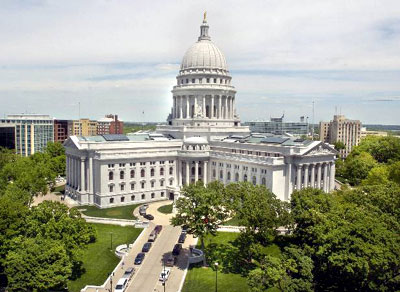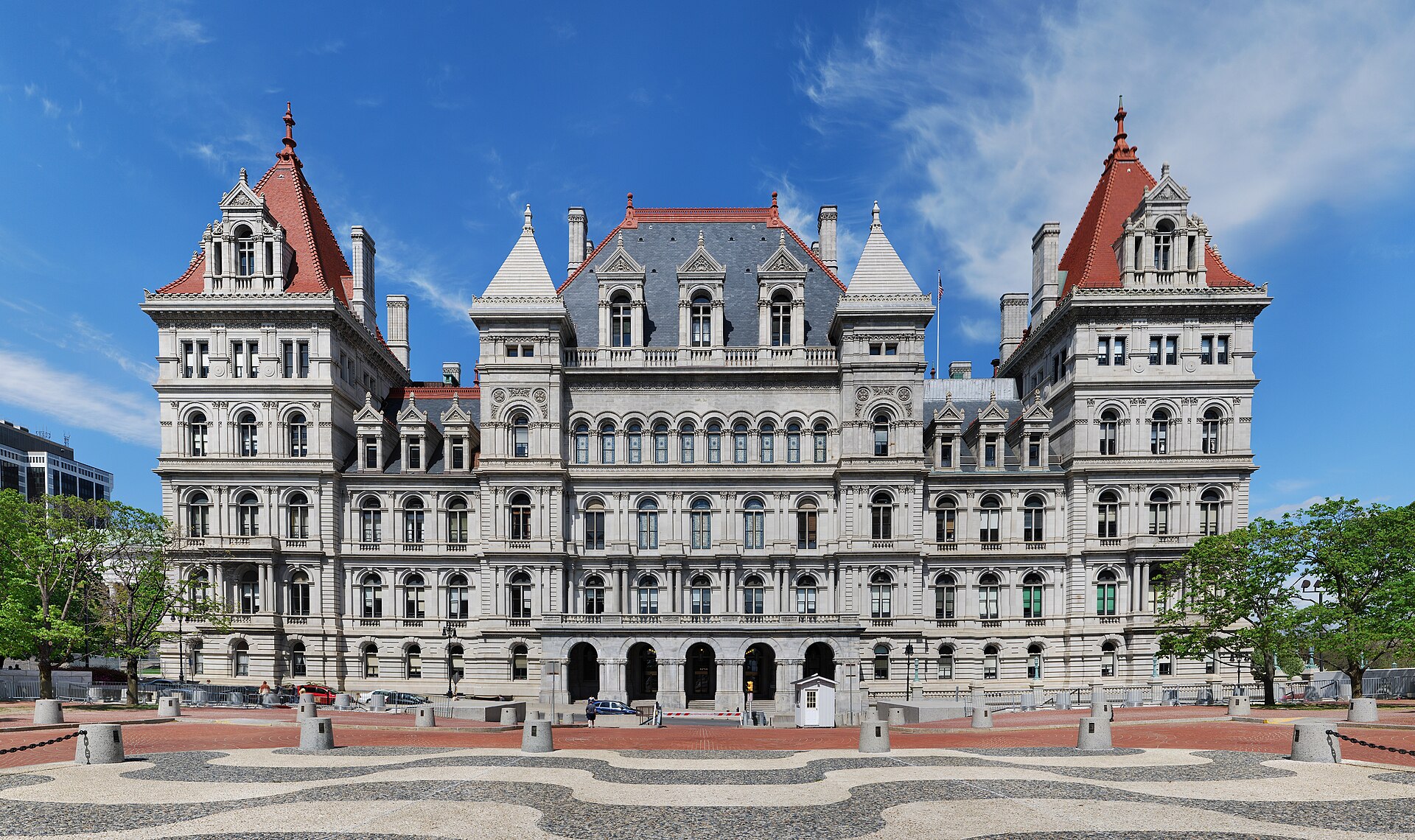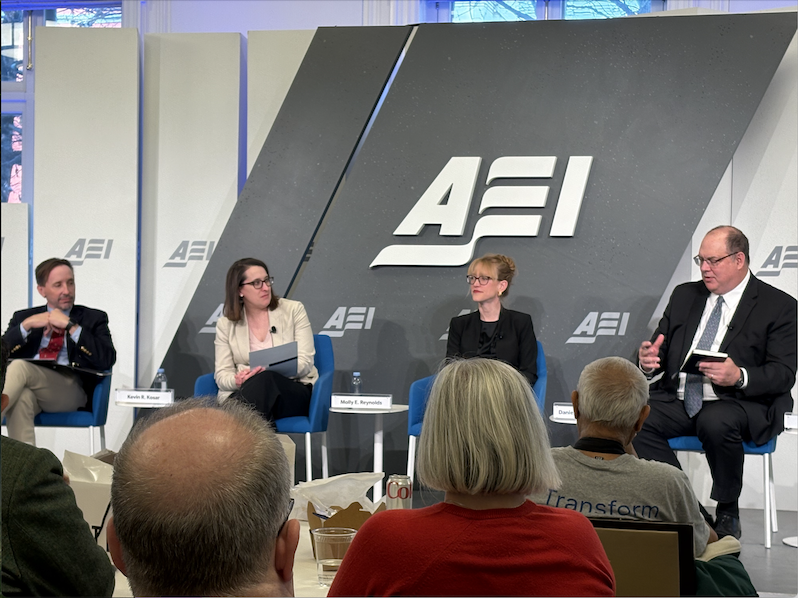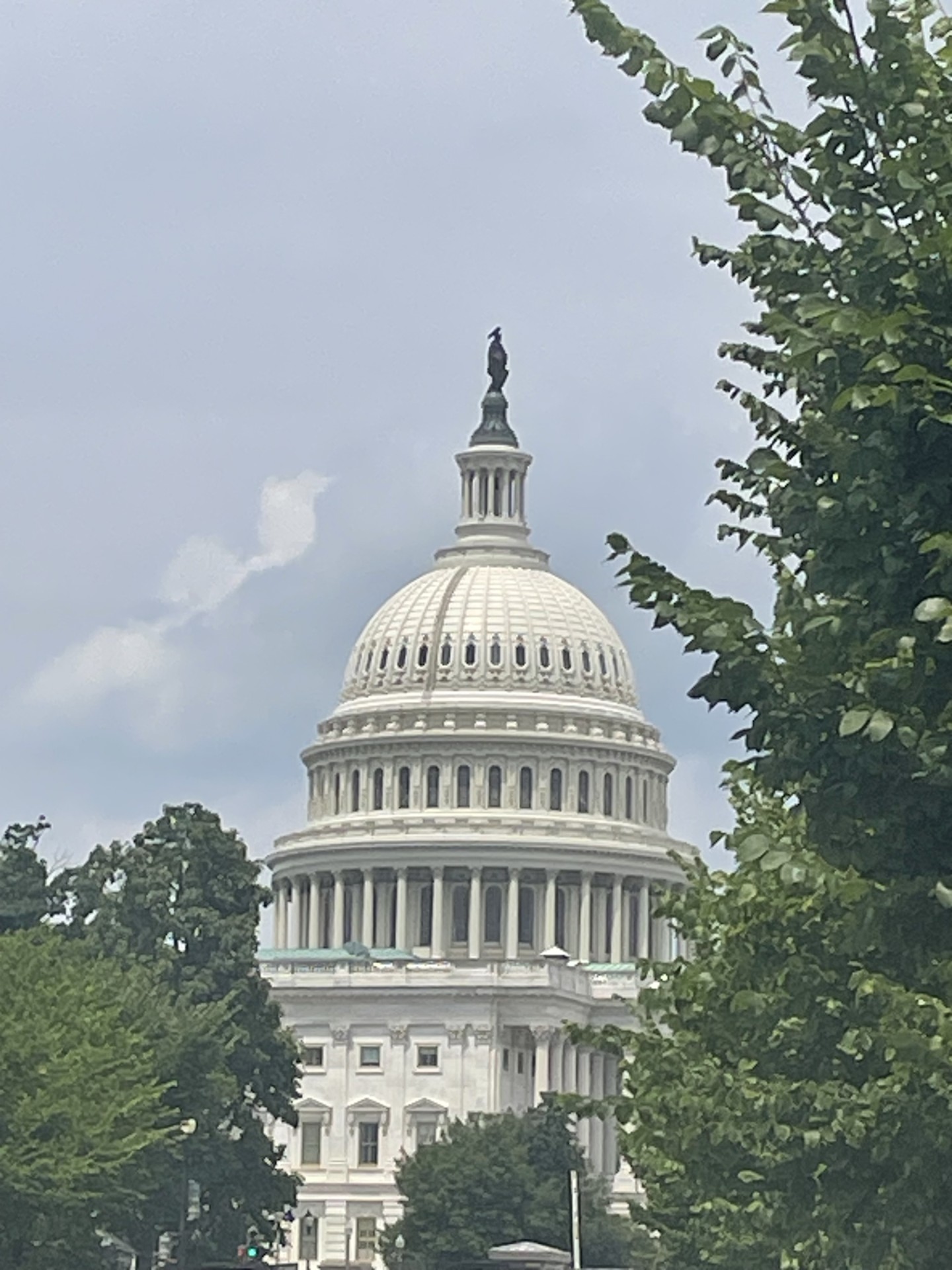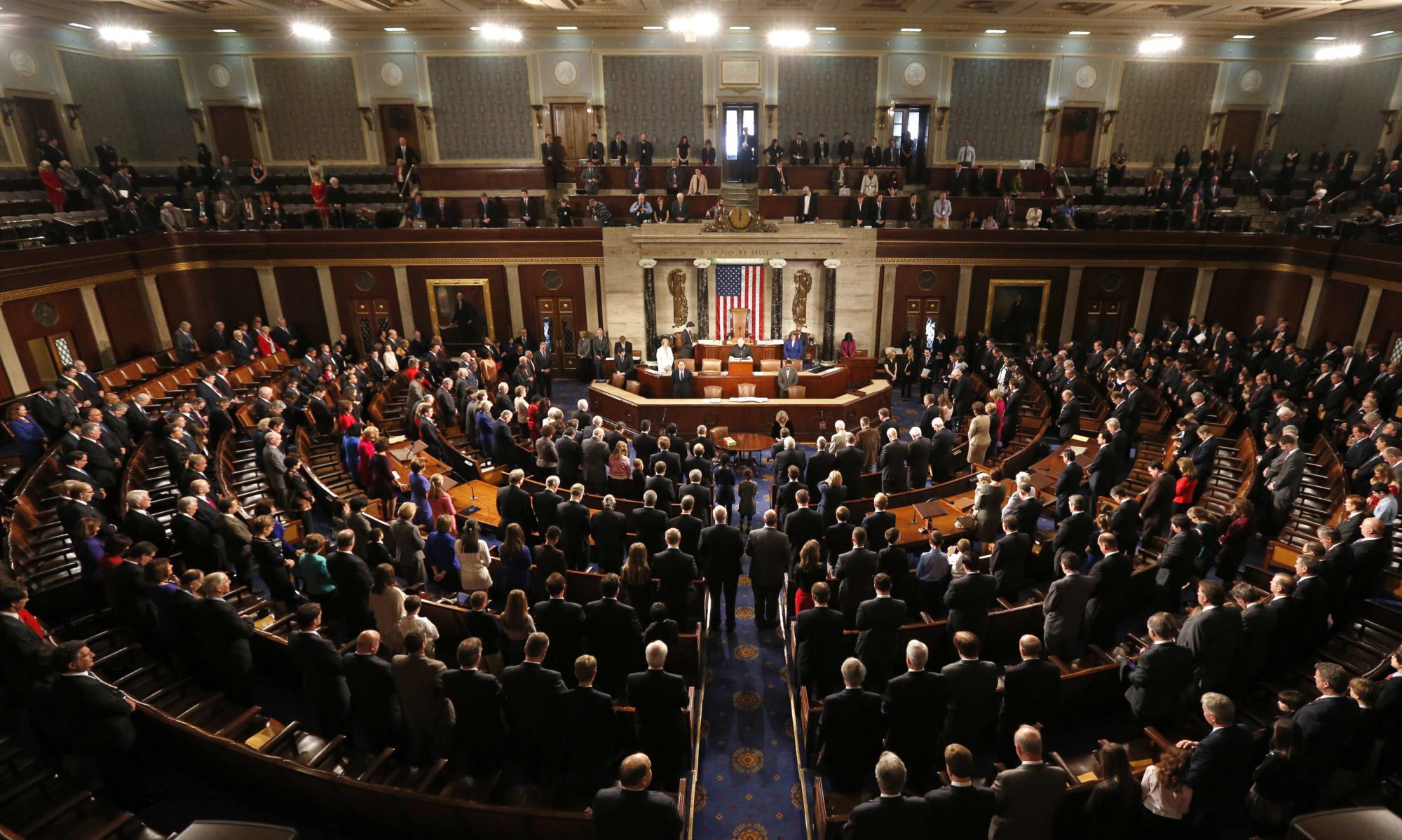Announcing the Release of the 2023-2024 Wisconsin State Legislatures State Legislative Effectiveness Scores (SLES)
Announcing the Release of the 2023-2024 Wisconsin State Legislatures State Legislative Effectiveness Scores (SLES) The Center for Effective Lawmaking (CEL) is proud to announce the release of our State Legislative Effectiveness Scores (SLES) for the 2023-2024 Wisconsin legislative session. This initiative is part of our broader effort to measure the lawmaking effectiveness of individual legislators in all 99 state legislative chambers in the United States.These scores capture lawmaking effectiveness by tracking the number of bills legislators sponsor, how far those bills advance through the legislative process, and the substantive significance…

